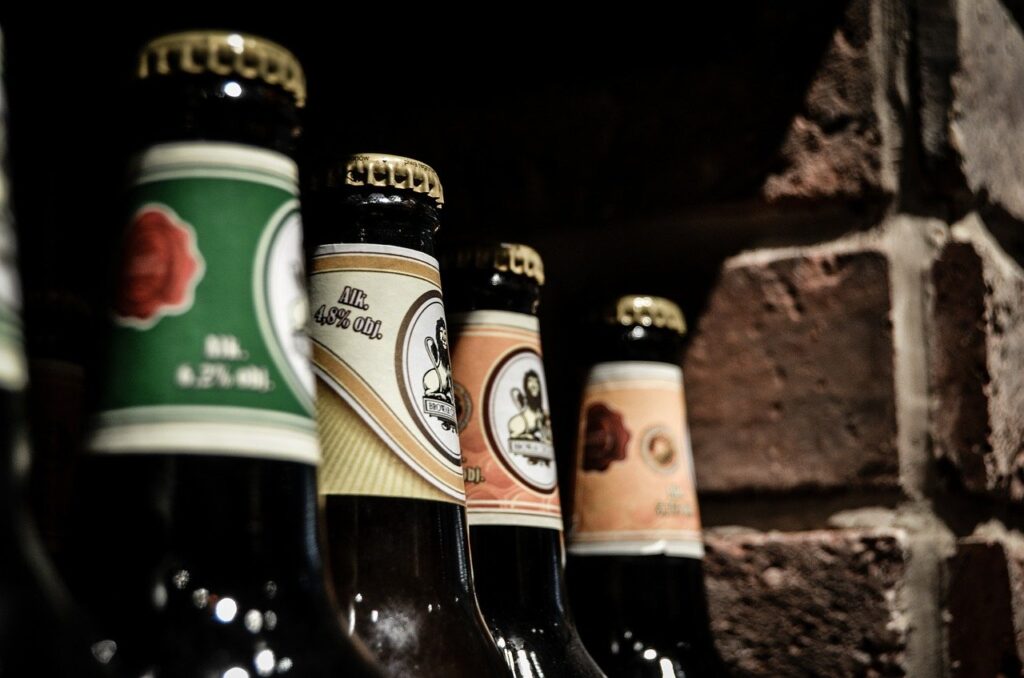The HSE is supposed to be dealing with the Covid emergency on our behalf. But that does not mean that other health issues have gone away or do not need the attention of the political system, of the health system, and of citizens at large.
When the Oireachtas was debating recent legislation on alcohol, it was obvious that realism was in short supply. Utterly ridiculous legal provisions were introduced designed to reduce or discourage consumption of alcohol. There was a good deal of zealotry among the supporters of the legislation. Activism against alcohol and in favour of the legislation was supported from the public purse, while any opposition or questioning was immediately condemned as lobbying by the drinks industry.
Silly or idiotic measures were proposed in the Bill such as a provision that meant it would be an offence to import wine into Ireland (as distinct from retailing it) unless every imported bottle bore a cancer warning label in terms approved by the relevant Minister. When I pointed that out in the Seanad, the Bill was amended to allow importation but to criminalise sale of wine unless each bottle bears such a label.
The idiocy of this is that when, if ever, the section as amended is commenced by statutory instrument, every separate bottle of beer (not just the six-pack cardboard container or slab in which most bottles or cans of beer are sold) will have to bear a multilingual label in Irish and English warning of the link between cancer and excessive consumption of alcohol. Every case of wine (whether of two, six or twelve will then have to be broken open and re-labelled to comply with the law.
Needless to say, there will be no warnings on draft beer or wine sold by glass in pubs or in restaurants, or on wine or drink lists in restaurants. But the zealots would not listen to common sense.
As this measure is questionable under European law as being a clear imposition on free movement of goods, it will have to be examined by the EU Commission to determine whether it is justifiable as a member state public health measure.
Another absurd provision of the legislation allows for a total ban on outdoor advertising of any alcohol product within 200 metres of a school or crèche. This ludicrous provision ignores a number of obvious facts.
Most toddlers and school-goers – the vast majority- do not live within 200 metres of their crèche or school. Nearly all would daily travel further through areas where there are no schools or crèches within 200 metres, and where such advertising would be perfectly legal. It is unlawful anyway to pitch alcohol advertising at children or to supply them commercially with alcohol.
And now we have extensive advertising of alcohol-free beers which bear the same brand names as their alcoholic stable-mates. But the zealots would not listen and the legislation passed into law.
Maybe, just maybe, minimum pricing as introduced will deter excessive alcohol consumption by the young and the less well-off. We can only wait and see.
The news reported here last week by Colm Keena that the HSE is planning an “endgame” strategy for smoking is interesting. Public opinion is to be tested out on measures such as preventing sale of cigarettes in shops near (yes, you guessed it) creches and schools.
They may even be restricted to sales in pharmacies, we are told! This is absurd. If a highly profitable state monopoly on tobacco sales is to be conferred on anyone, it should not be pharmacies. And it is even possible, according to the HSE, that filters will be banned on cigarettes. Making them more harmful as a deterrent is a new idea.
Another idea under consideration is printing cancer warnings on each cigarette.
The Government may be prohibited from even meeting with retailers or producers of tobacco products under the plans under consideration.
I don’t smoke and I totally supported Micheál Martin’s ban on smoking in indoor premises to which the public have access. But while I really pity nicotine addicts, I do not think that tobacco should be the subject of American style 1920s Prohibition era laws.
This is a case of the nanny state going a step too far. If people want to smoke, the state has no business preventing them from doing so. If people want to drink, you can’t bring in Prohibition in the interests of cancer prevention, public health or the HSE’s budget.
It is noteworthy that we are considering legalising the smoking of cannabis while the HSE is planning the banning of smoking altogether – or nearly altogether.
Does the HSE want us all to live until we are 100? Who will pay the HSE for the consequences of that?
Public health policy does not warrant such coercion in a free society.

